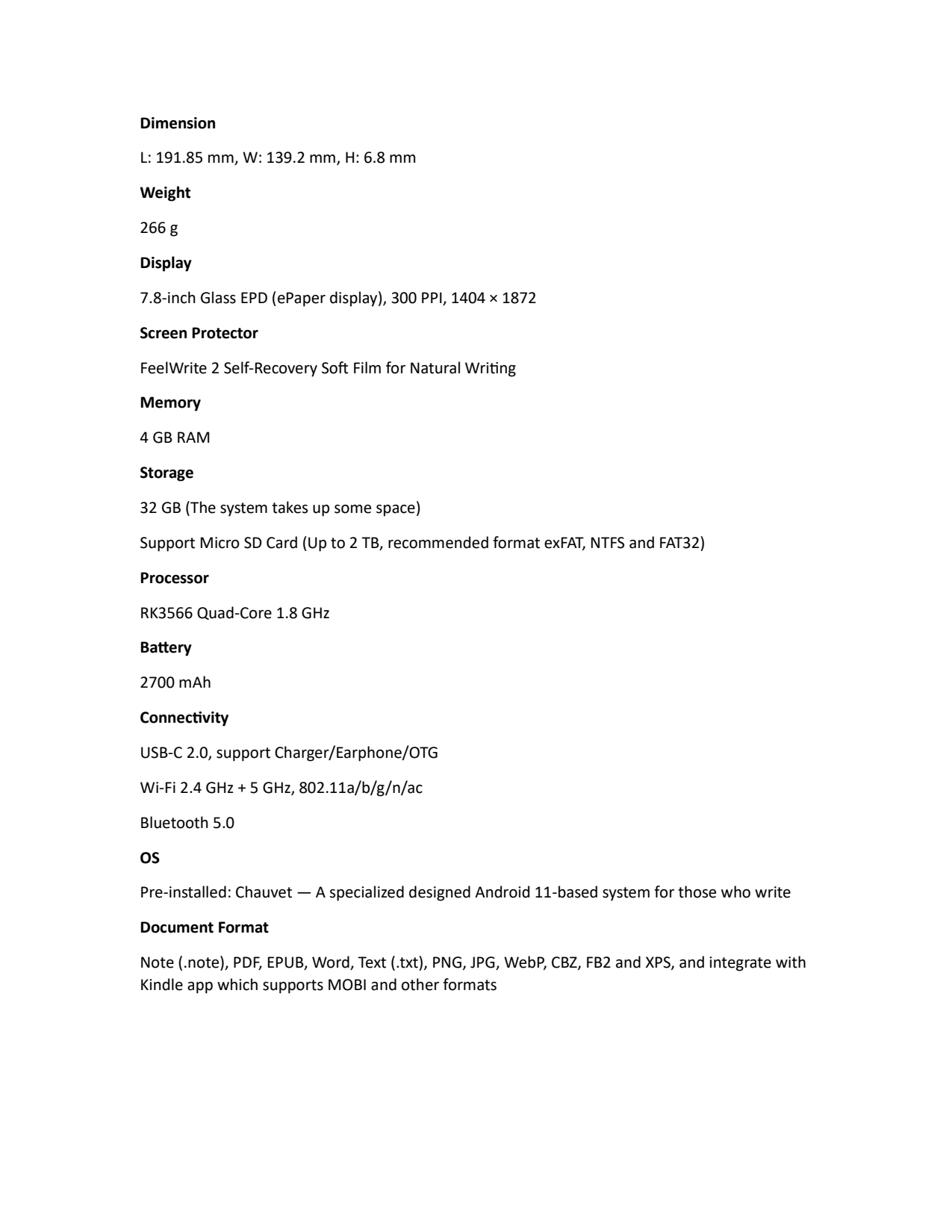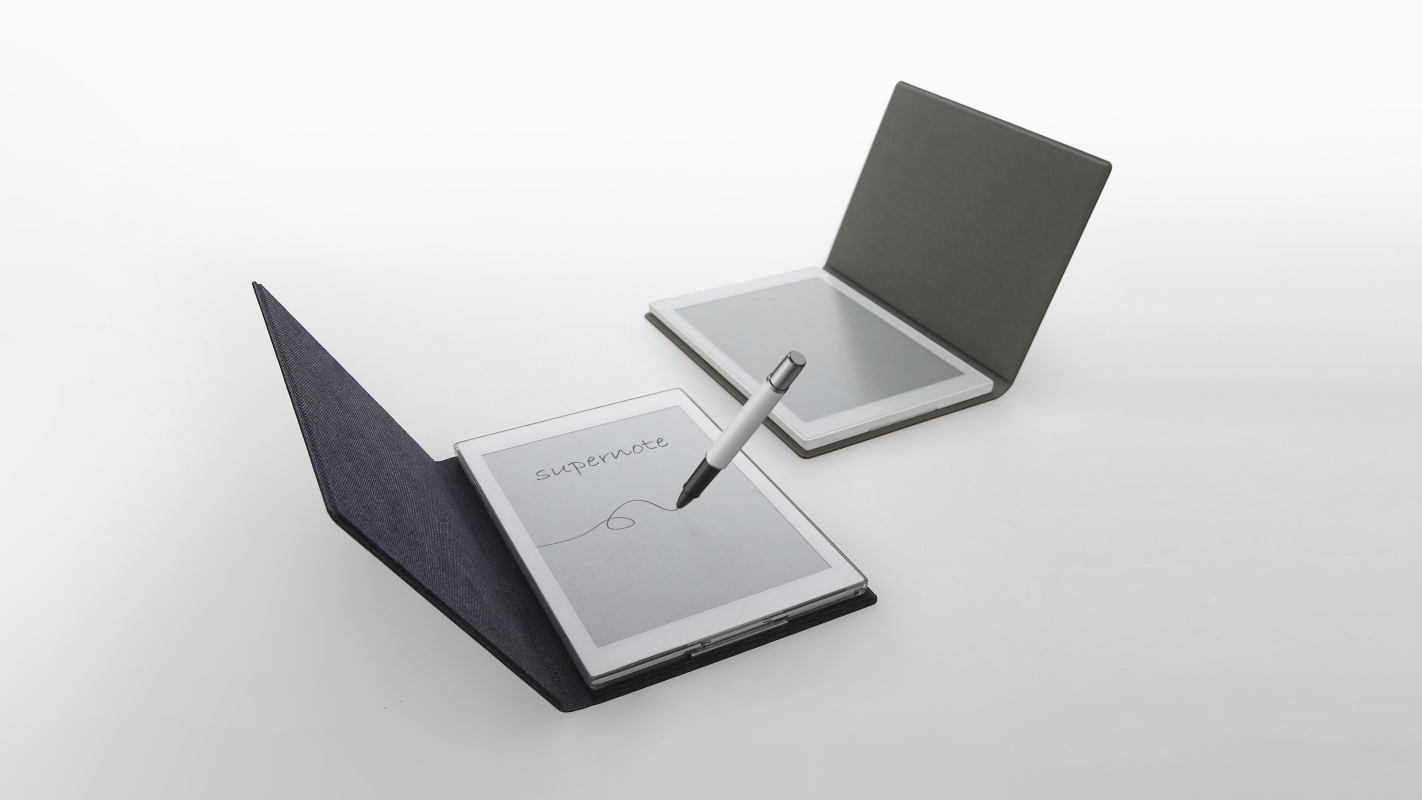 | 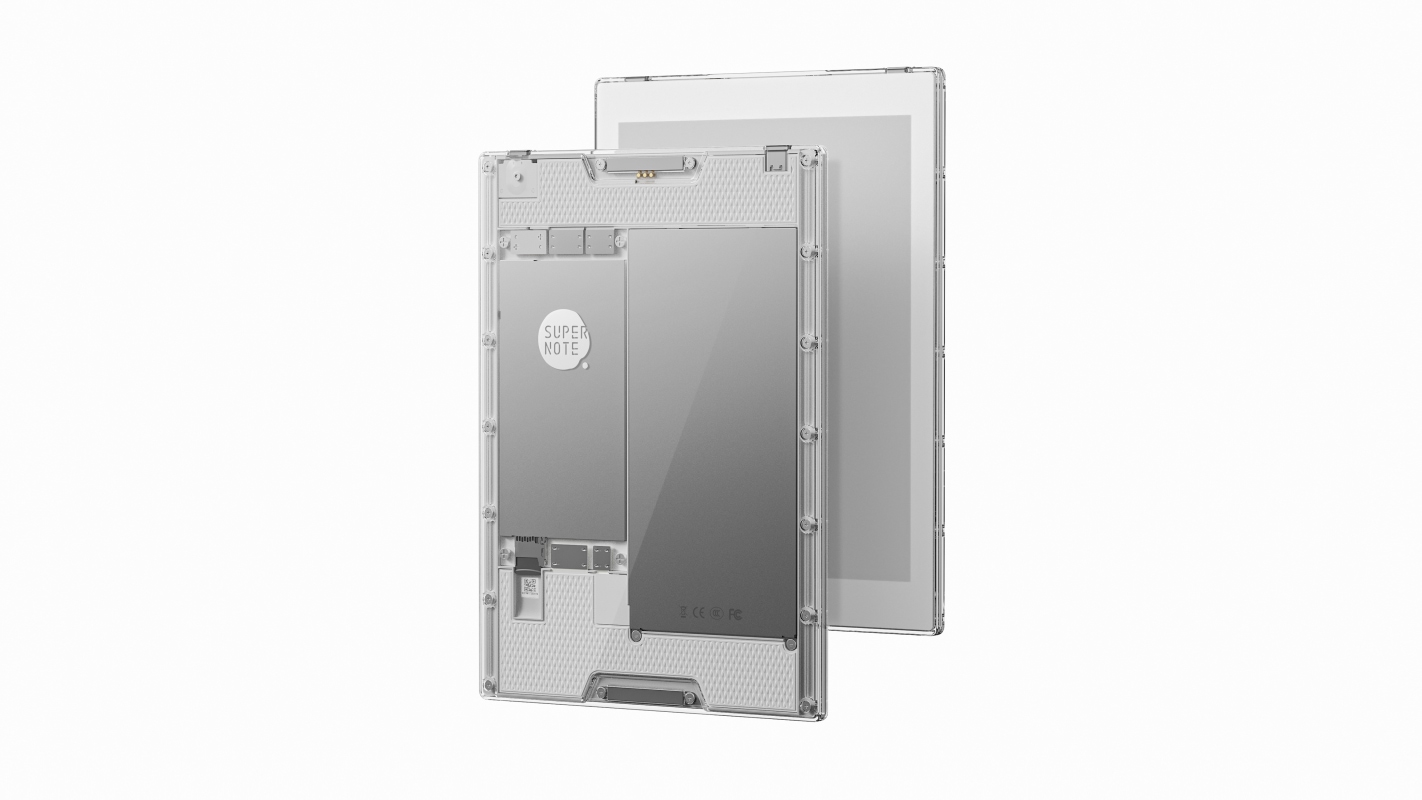 |
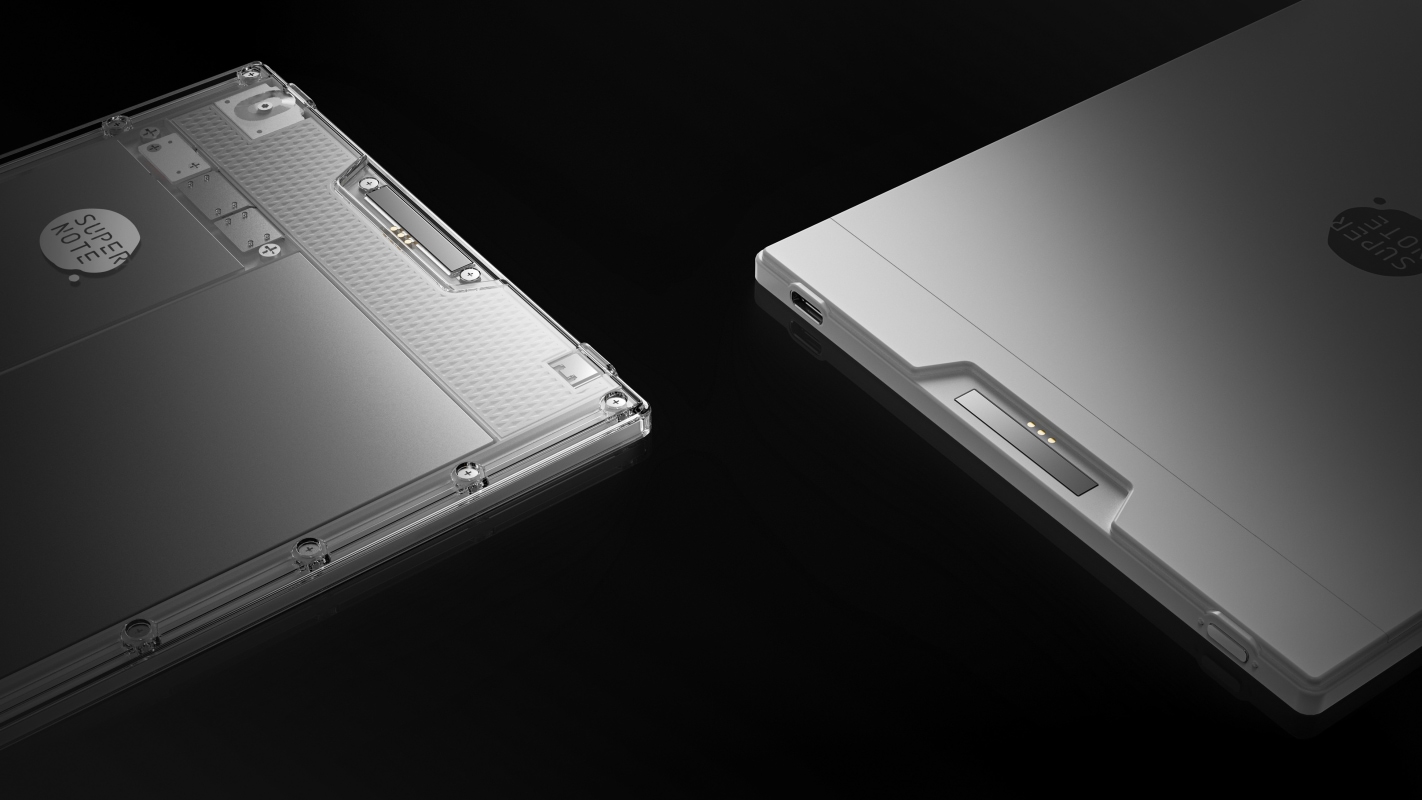 | 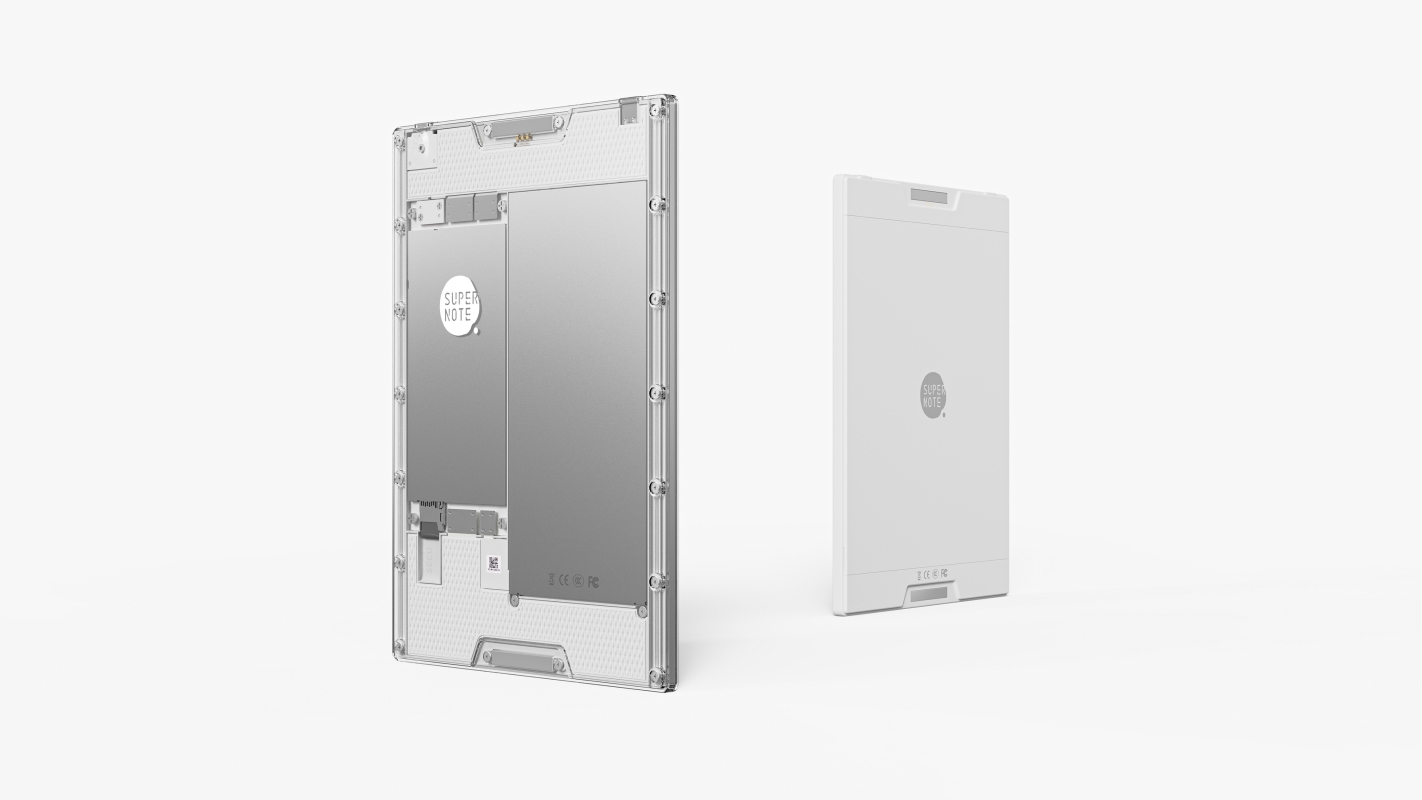 |
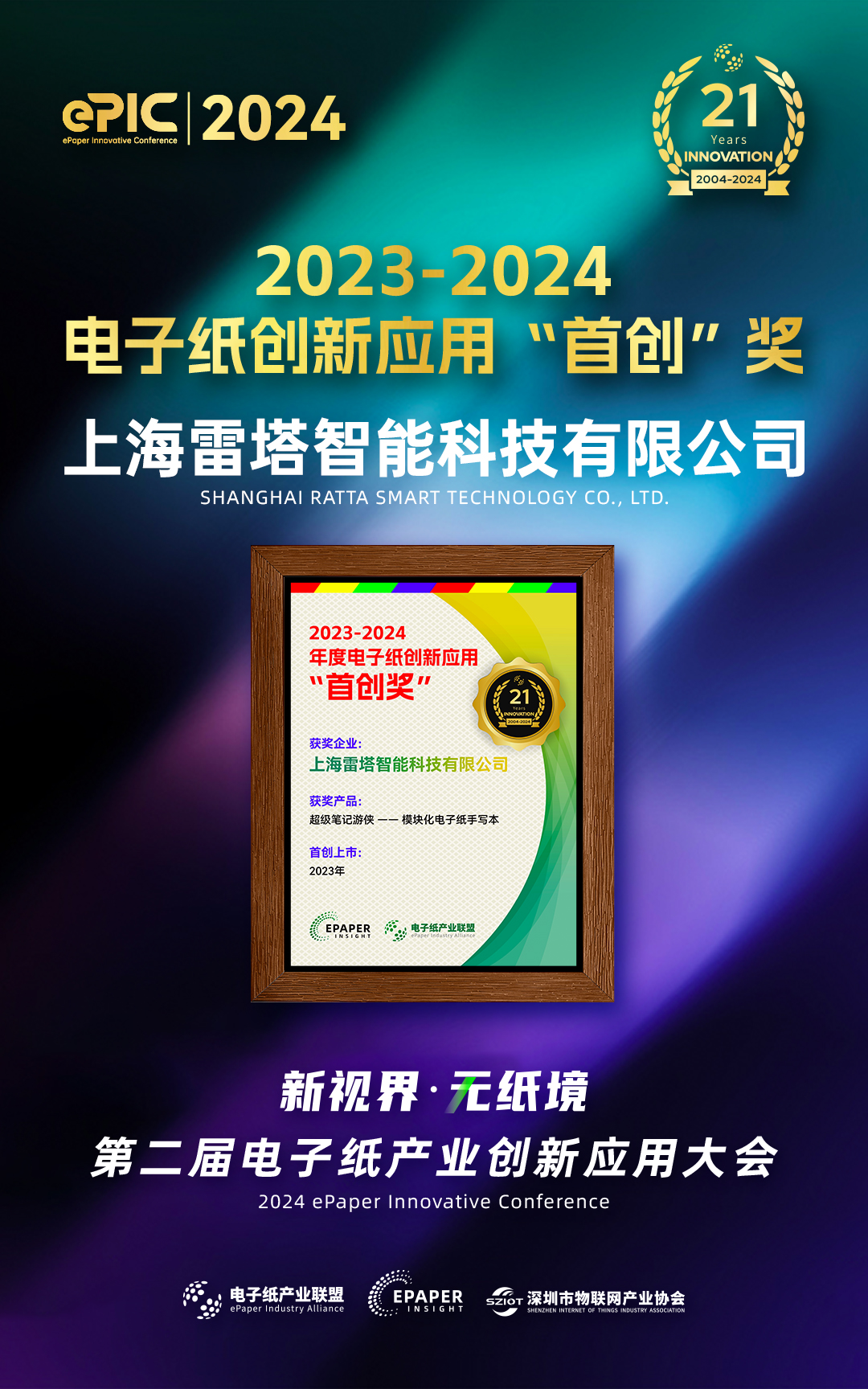

On August 28, the ePIC 2024, the second ePaper Innovation Conference, will be held in Shenzhen. To complement the annual highlight of the ePIC, the ePaper Industry Alliance (EPIA) and Quadrant Lab will launch a series of innovative product stories in both Chinese and English version, as a review of last year's ePaper innovations. This initiative is expected to further promote the development of ePaper technology application, injecting sustained momentum into the emerging display and IoT innovation fields.
It is anticipated that by 2050, global electronic waste will soar to an astonishing 110 million tons. Electronic waste contains a large amount of toxic substances, such as lead, mercury, and cadmium. When these substances seep into the soil and water sources, they cause irreversible damage to ecosystems. Moreover, electronic waste is often shipped to third-world countries and processed in dangerous and environmentally unfriendly ways, exacerbating the imbalance of the global environment.
One of the root causes of the serious electronic waste problem lies in the short life cycle of electronic products. Some manufacturers even produce products that are difficult to repair, leaving consumers with no choice but to replace them. Such "planned obsolescence" may stimulate economic growth in the short term, but in the long run, it creates an endless cycle of consumption, use, and discard, leading to severe waste of resources and environmental pollution. In 2023, the EU passed new regulations requiring portable electronic devices to adopt detachable battery designs from 2027 onwards. This heralds the end of the "planned obsolescence" era and ushers in a new era of "planned longevity."
Supernotes, underpinned by ePaper technology, aims to revolutionize traditional paper notebooks and promote a paperless environment. Moreover, Supernotes began incorporating modularity into its product design with the third generation. The latest release, the Supernote Nomad, is the world's first modular e-notebook, creating an entirely new category. Its design concept challenges the design and production models of the entire electronic product industry, offering an innovative solution to the problem of electronic waste and providing a new perspective on the relationship between technology, the environment, consumption, and sustainable development. Modularity offers multiple benefits:
Independent Components
The components within a product are all independent, yet they can harmoniously combine into a flawless whole. Supernote Nomad takes this concept to the extreme: batteries, motherboards, and even the casing are replaceable. This groundbreaking design breathes new life into electronic products.
Long Lifespan
Users can effortlessly replace problematic parts instead of discarding the entire device. This approach not only saves on costs but also reduces the generation of electronic waste.
Flexible Product Upgrades
Users can selectively upgrade certain components without needing to purchase a completely new device. This flexibility meets new user demands while avoiding unnecessary resource wastage.
Revolutionized User-product Relationship
In traditional consumption patterns, the consumer is always in a passive position waiting for an unknown product in the “black boxes”. However, Supernote Nomad modularity allows users to delve into every component of the product and actively participate in the design and manufacturing process. This new "user-product" relationship not only strengthens the emotional connection between users and the product but also fosters a sense of responsibility, encouraging them to extend the lifespan of electronic devices and further reduce the generation of electronic waste.

Customized Design
Supernote Nomad allows users to customize the casing pattern and even design their unique covers and styluses, which brings them the joy of handcrafting and makes the e-notebook a one-of-a-kind piece of art. The specially launched transparent version further highlights the exquisite craftsmanship of the internal structure and the aesthetic of recyclable materials, accommodating users' aesthetic habits and stimulating their creativity with the personalized design function.
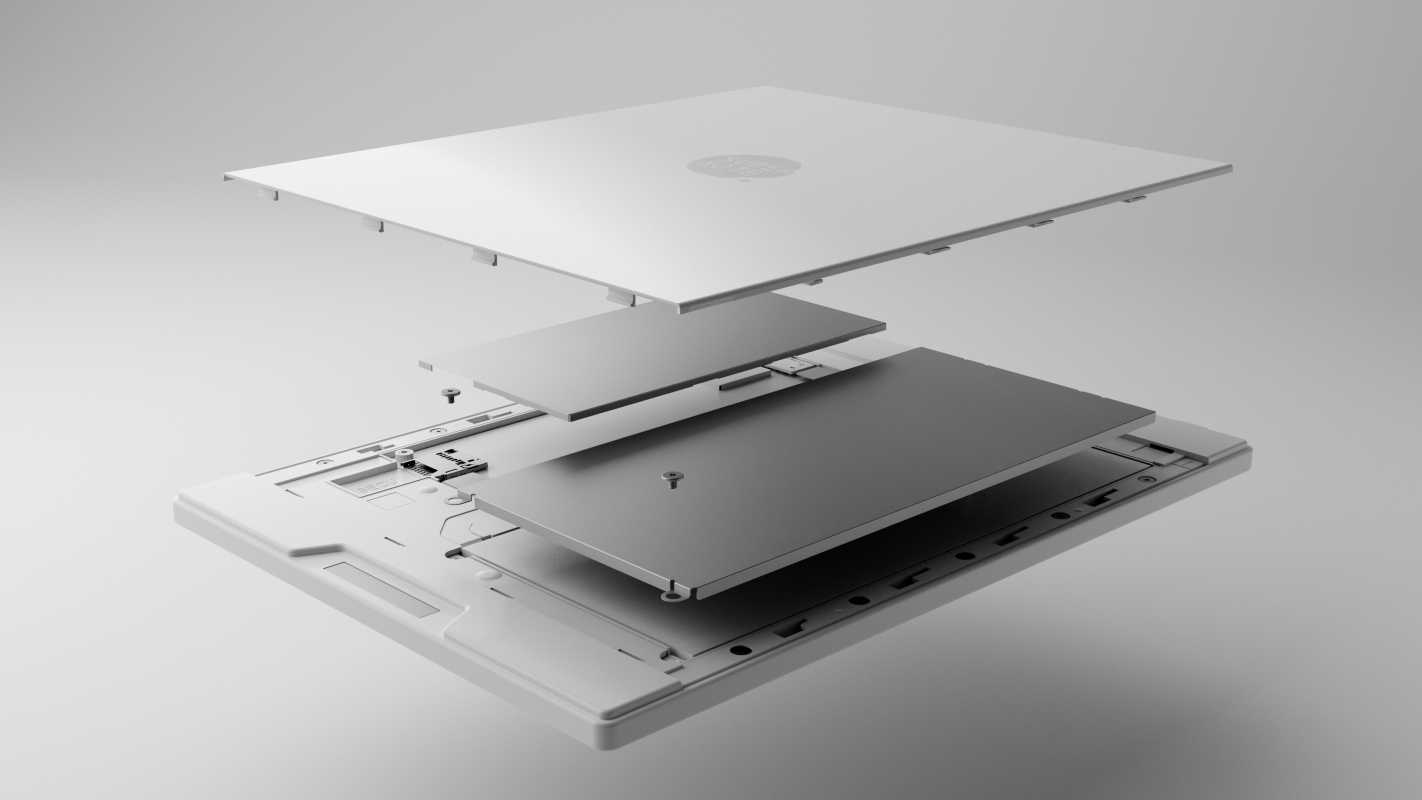
It took the Supernote team two years to turn their vision into the final product. Striving for a delicate balance between modularity, detachability, and slimness, the team repeatedly revised the structural design, going through at least ten iterations and crafting more than a dozen prototypes for validation. It experimented with nearly 20 different materials to find the optimal one that best integrates transparency, surface hardness, and toughness into the transparent version.
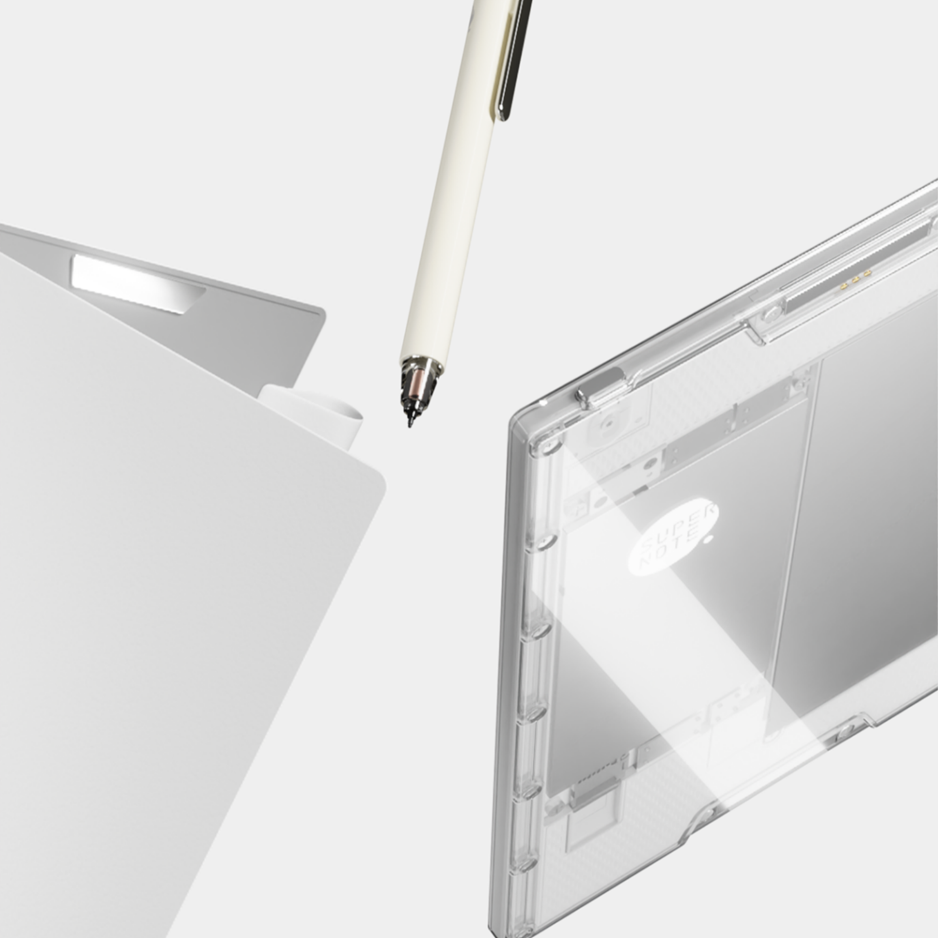
The pioneering modularity design got Supernote Nomad the 2024 German Design Gold Awards. Its innovative and sustainable electronic product not only brings users new experiences but also has a profound and positive impact on the Earth's environment.

